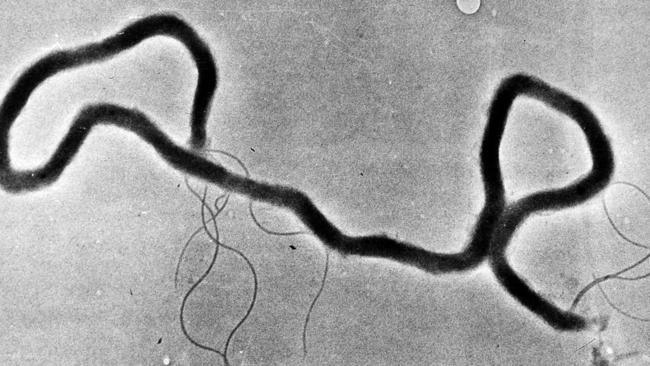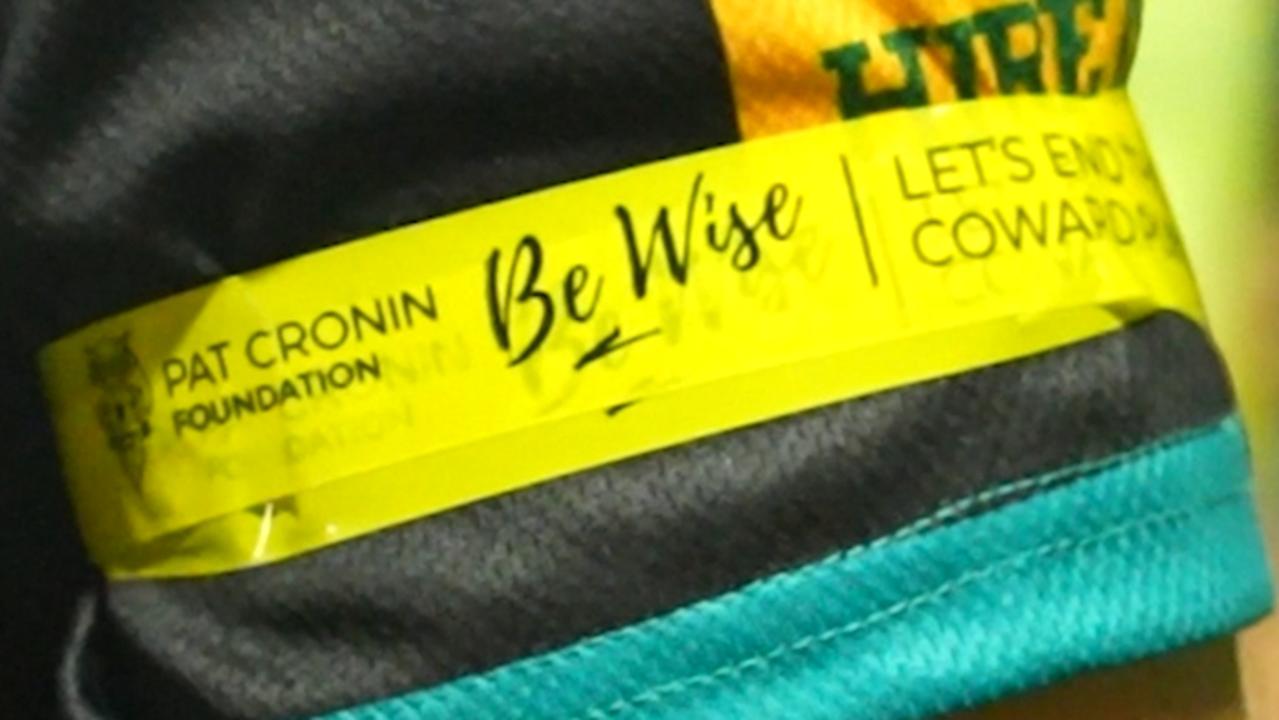Safe sex message to combat syphilis and HIV rate rise in Melbourne’s north and west
RISING rates of syphilis and HIV in the north and west have experts renewing the call for young people to use condoms.

North
Don't miss out on the headlines from North. Followed categories will be added to My News.
RISING rates of syphilis and HIV in the north and west have prompted experts to encourage young people to always engage in safe sexual practices.
Statistics from the department of Health and Human Services show the rate of infectious syphilis diagnosed in the northern and western suburbs — including Brimbank and Melton — rose from 258 cases last year to 319 this year.
Between March last year and March this year, the proportion of newly-acquired Human Immunodeficiency Virus infections also increased from 47 to 52 across the 12 months.
While rates of gonorrhoea fell from 1299 cases to 1280, health professionals have advised that using condoms or dams during intercourse remained important for sexually active young people.
Women’s Health West health promotion worker Alyce Vella said some sexually transmitted infections remained incurable, although treatment had improved in recent years.
She said chlamydia, for example, did not often show symptoms so both genders needed to be tested for it.
Ms Vella said national guidelines recommended sexually active youths aged 16-25 get tested for sexually transmitted infections every 12 months, although this was different for some population groups.
“Any sort of long-term, longer-lasting infections can have adverse health outcomes or people,” she said.
Ms Vella said comprehensive sex education in schools and youth-friendly services played an important part in delivering the “safe sex” message.
“Cost and embarrassment are huge barriers to young people accessing condoms,” she said.
Through its Action for Equity partnership, Women’s Health West has installed condom vending machines in bathrooms at libraries, parks and centres in Sunshine, Footscray, Caroline Springs and Melton to help young people discreetly access contraception.
Earlier this year (February) Women’s Health West also ran a social media campaign called #SafeSexintheWest which reached more than 14,000 community members on Facebook.


